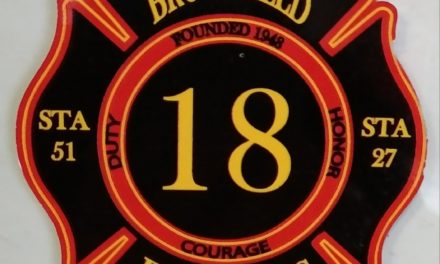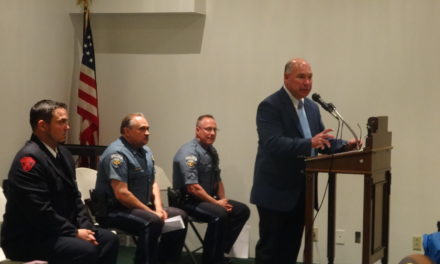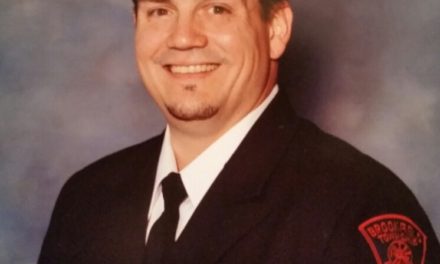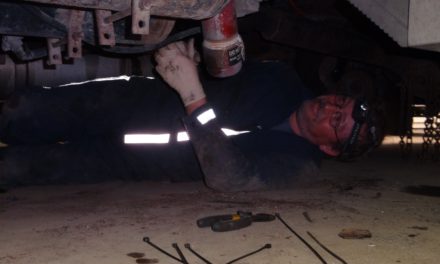Brookfield Fire Department has received a federal grant that will be used to buy four cardiac monitor-defibrillator units and up to four CPR assist devices.
The cardiac monitors are arguably the most important pieces of equipment in an ambulance, and the CPR assist devices can save a lot of exertion that is now expended by emergency medical personnel.
“Without this grant or additional funding, this would have had to come out of the EMS budget,” said Fire Chief David Masirovits. “I don’t think we were prepared for a $230,000 expense.”
The trustees had set an Oct. 3 morning meeting to open the bids for the equipment, but trustees Mark Ferrara and Ron Haun did not attend. Trustee Dan Suttles said another meeting will have to be set. (That meeting has been set for Oct. 24.)
The Federal Emergency Management Agency has awarded Brookfield a $229,917 grant. Brookfield will have to pay a 5-percent match, about $11,500.
“These (cardiac) monitors are vital to our service, both EMS and fire,” Masirovits said, noting the current models in service are failing. “This is what shocks you when your heart goes into a different arrhythmia. This is what we monitor your heart rate, your blood pressure, the amount of oxygen in your blood.”
The CPR assist devices perform chest compressions for someone whose heart has stopped beating. The current recommendation is that 100 compressions be done at a time, Masirovits said.
“You can imagine how tired somebody becomes trying to do 100 compressions on someone’s chest and then after 100 you only break long enough to give someone a breath and you’re back to it,” Masirovits said. “Five, 10 minutes of that and you’re pretty well exhausted. These machines take the place of someone having to do the chest compressions. It doesn’t take the place of someone in the back of the ambulance caring for the patient.”
The department now has one CPR assist device, but the grant will allow it to have one in more than one vehicle.
With the CPR assist devices, “They’ve found outstanding results on what they call ROSC or return of suspended circulation,” Masirovits said. “A lot of people are getting their pulse back. There are a lot of saves credited to these types of machines.”








